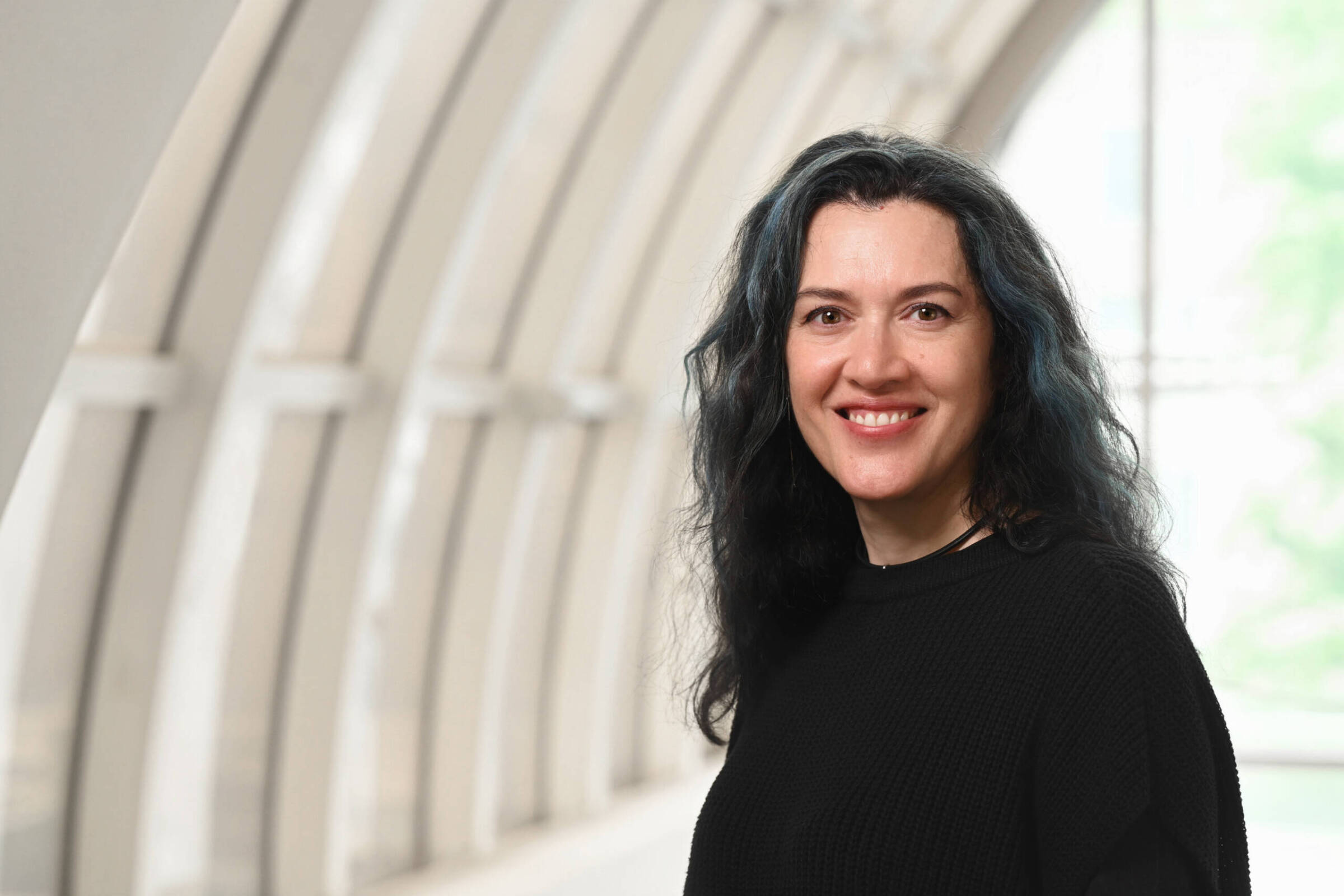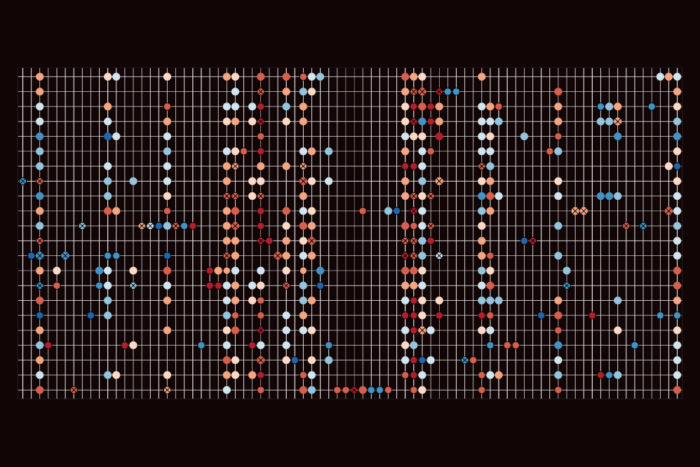Paul Nurse named top of the list of 100 most important people in British science
Rockefeller University President Paul Nurse is the number one scientist in a list of the 100 most important people in British science. The list, first of its kind, will be published today in the first anniversary issue of Eureka, the monthly science magazine of London’s daily newspaper, The Times.
The scientists in the inaugural Eureka 100, billed as a guide to the most important contemporary figures in British science, were chosen by a panel of scientists and journalists.
“I am honored to have been selected to be among this august group of British scientists,” says Nurse. “The Times is to be congratulated on their efforts to keep science at the forefront of their readers.”
Nurse became Rockefeller University’s ninth president on September 1, 2003. A Nobel Prize-winning biologist, Nurse’s research focuses on the molecular machinery that drives cell division and controls cell shape. Before coming to Rockefeller, he spent more than three decades as a research scientist in the United Kingdom, where he was born. His research led to the identification of cyclin-dependent kinase (CDK) as the key regulator molecule controlling the process by which cells make copies of themselves, a discovery that is important for understanding growth, development and cancer.
In addition to the Nobel Prize in Physiology or Medicine, which he shared with two other scientists in 2001, Nurse has won the Albert Lasker Award for Basic Medical Research, as well as numerous other awards and medals. He is a fellow of the Royal Society and a foreign associate of the United States National Academy of Sciences, and in 1999 was honored with knighthood in Great Britain for services to cancer research and cell biology. He was recently elected president of the Royal Society.


